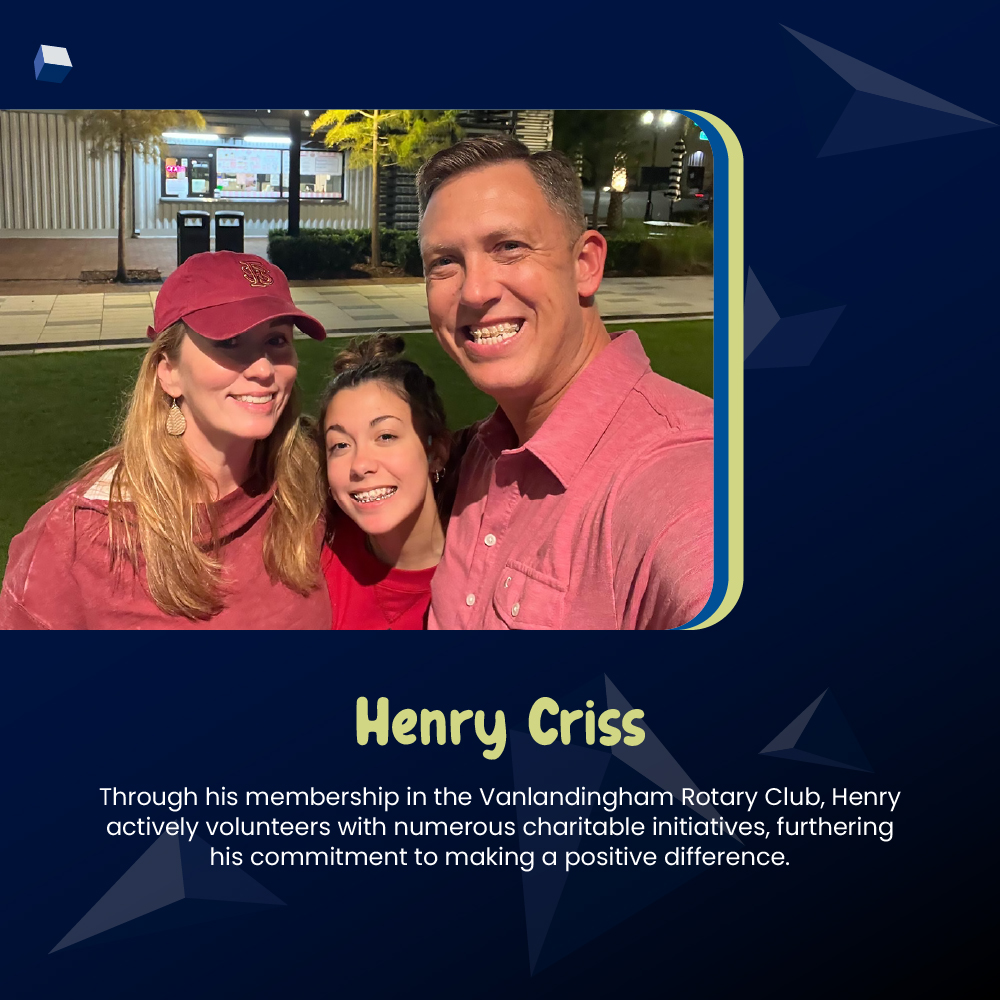
The Essence of Volunteerism
Volunteerism is more than just offering time and skills for free; it is a profound act of giving back to the community. Volunteers are often driven by purpose and the desire to make a difference. Whether assisting at local food banks, participating in community clean-ups, or mentoring youth, volunteers are essential in addressing social issues and enhancing community well-being. Volunteering not only benefits those who receive help but also enriches the lives of the volunteers by fostering a sense of accomplishment and belonging.
Historical Context and Evolution
The concept of volunteerism has deep historical roots. Community cooperation was vital for survival in ancient societies, and mutual aid was a common practice. In modern times, volunteerism has evolved into a more organized and widespread movement. The establishment of volunteer organizations, such as the Red Cross and AmeriCorps, has institutionalized the practice, making it easier for individuals to find and participate in volunteer opportunities. The digital age has further transformed volunteerism, with online platforms connecting volunteers with causes that resonate with their values and skills.
Civic Engagement: A Broader Perspective
Civic engagement encompasses a broader range of activities than volunteerism. It includes any individual or group activity to address public concerns. Civic engagement can take many forms, such as voting, participating in community meetings, advocating for policy changes, and joining local boards or committees. This form of engagement is crucial for a functioning democracy as it ensures that diverse voices are heard and that public policies reflect the needs and desires of the community.
The Intersection of Volunteerism and Civic Engagement
Volunteerism and civic engagement often intersect, involving active participation in public service. For instance, volunteers at a local shelter might also advocate for policies that address homelessness. Civic engagement can enhance volunteerism by giving volunteers a deeper understanding of the systemic issues affecting their communities. Conversely, volunteerism can be a gateway to greater civic engagement, as individuals who start by volunteering often become more involved in other forms of public service.
Benefits to Individuals and Communities
The benefits of volunteerism and civic engagement are multifaceted. These activities provide opportunities for personal growth, skill development, and social connections for individuals. Engaging in public service can increase empathy, improve mental health, and a stronger sense of purpose. For communities, volunteerism and civic engagement contribute to social cohesion, economic development, and a supportive environment where residents feel empowered to address local challenges.
Challenges and Barriers
Despite the numerous benefits, volunteerism and civic engagement face challenges and barriers. Time constraints, lack of awareness about opportunities, and economic pressures can prevent individuals from participating. Additionally, systemic barriers such as discrimination and socioeconomic disparities can limit access to public service opportunities. Addressing these challenges requires targeted efforts to promote inclusivity and accessibility in volunteer and civic programs.
Strategies for Promoting Volunteerism and Civic Engagement
Several strategies can be employed to overcome barriers and promote volunteerism and civic engagement. Organizations can offer flexible volunteer opportunities that accommodate different schedules and commitments. Raising awareness about the impact of volunteer work and providing education about civic rights and responsibilities can also encourage participation. Collaborations between government agencies, nonprofits, and businesses can create a supportive infrastructure for volunteerism and civic engagement.
The Role of Technology
Technology has become a powerful tool in promoting volunteerism and civic engagement. Social media platforms, mobile apps, and online databases make finding and participating in volunteer opportunities easier for individuals. Virtual volunteering has emerged as a viable option, allowing people to contribute their skills remotely. Technology also facilitates communication and collaboration among volunteers, organizations, and community members, enhancing the overall impact of public service activities.
Case Studies of Successful Initiatives
Numerous initiatives highlight the success of volunteerism and civic engagement in public service. For example, the Points of Light Foundation mobilizes millions of volunteers annually to address critical social issues. The City Year program engages young adults in a year of full-time service, improving educational outcomes in underserved schools. Local initiatives, such as neighborhood watch programs and community gardens, demonstrate the power of grassroots volunteerism in creating positive change.
Future Directions
The future of volunteerism and civic engagement in public service is promising, with increasing recognition of their importance in building resilient and vibrant communities. Efforts to integrate volunteerism into educational curricula, workplace cultures, and public policies can further enhance participation. As societal challenges evolve, innovative volunteerism and civic engagement approaches will be crucial in addressing emerging issues and fostering sustainable development.
Volunteerism and civic engagement are vital components of a healthy and dynamic society. By actively participating in public service, individuals contribute to the well-being of their communities and the broader social fabric. Despite challenges, the potential for positive impact is immense, and continued efforts to promote and support volunteerism and civic engagement will pave the way for a more inclusive and empowered future.